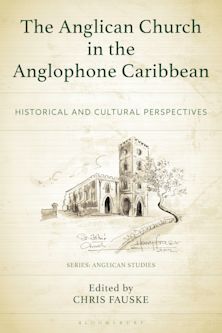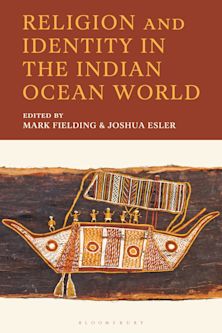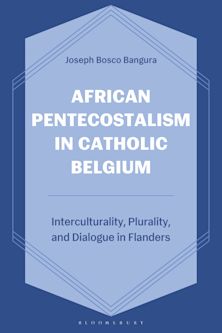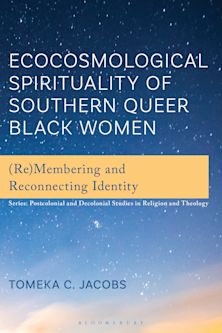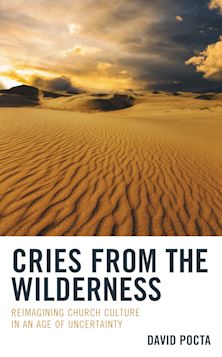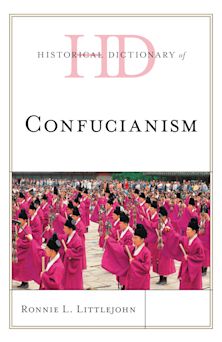The Spirituality of the English and American Deists
How God Became Good
The Spirituality of the English and American Deists
How God Became Good
This product is usually dispatched within 2-4 weeks
- Delivery and returns info
-
Flat rate of $10.00 for shipping anywhere in Australia
Description
The deists have been misunderstood as Enlightenment thinkers who believed in an inactive deity. Instead, the deists were spiritually oriented people who believed God treated all his children fairly. Unlike the biblical God, the deist God did not punish entire nations with plagues, curse innocent people, or order the extermination of whole nations. In deism, for the first time in modern Western history, God “became” good.
The Spirituality of the English and American Deists: How God Became Good explores how the English deists were especially important because they formulated the arguments that most of the later deists accepted. Half of the English deists claimed they were advocating the Christianity Jesus taught before his later followers perverted his teachings. Joseph Waligore call these deists Jesus-centered deists.
Ben Franklin, Thomas Jefferson, and John Adams studied these Jesus-centered deists and had similar beliefs. While some of the most prominent American Founders were deists, deism had little or no influence on the religious parts of the Constitution and the First Amendment.
Deism did not die out at the end of the Enlightenment. Instead, under different names and forms it has continued to be a significant religious force. Informed observers even think a deistic spiritual outlook is the most popular religious or spiritual outlook in contemporary America.
Table of Contents
Introduction
Chapter One: The Myth of Deism's Inactive and Distant God
Chapter Two: The Origins of Seventeenth-Century English Deism
Chapter Three: The Protestant Background of Eighteenth-Century English Deism
Chapter Four: God's Fairness and Eighteenth-Century English Deism
Chapter Five: The English Deists and the Socratic Spiritual Tradition
Chapter Six: Jesus-centered Deism in England
Chapter Seven: The Religious Beliefs of Ben Franklin
Chapter Eight: The Religious Beliefs of Thomas Jefferson and John Adams
Chapter Nine: The Religious Beliefs of George Washington
Chapter Ten: Deism and the American Founders
Chapter Eleven: The Popularity and Decline of Thomas Paine's Kind of Deism
Chapter Twelve: The Rebirth of Jesus-centered Deism in Liberal Protestantism
Conclusion: Contemporary American Deism
Appendix One: Supernatural Beliefs of the English Deists
Appendix Two: A Register of the English Deists
Bibliography
About the Author
Product details
| Published | 15 Feb 2023 |
|---|---|
| Format | Hardback |
| Edition | 1st |
| Extent | 346 |
| ISBN | 9781666920635 |
| Imprint | Lexington Books |
| Illustrations | 9 b/w illustrations; 2 tables; |
| Dimensions | 237 x 159 mm |
| Publisher | Bloomsbury Publishing |
Reviews

ONLINE RESOURCES
Bloomsbury Collections
This book is available on Bloomsbury Collections where your library has access.

















